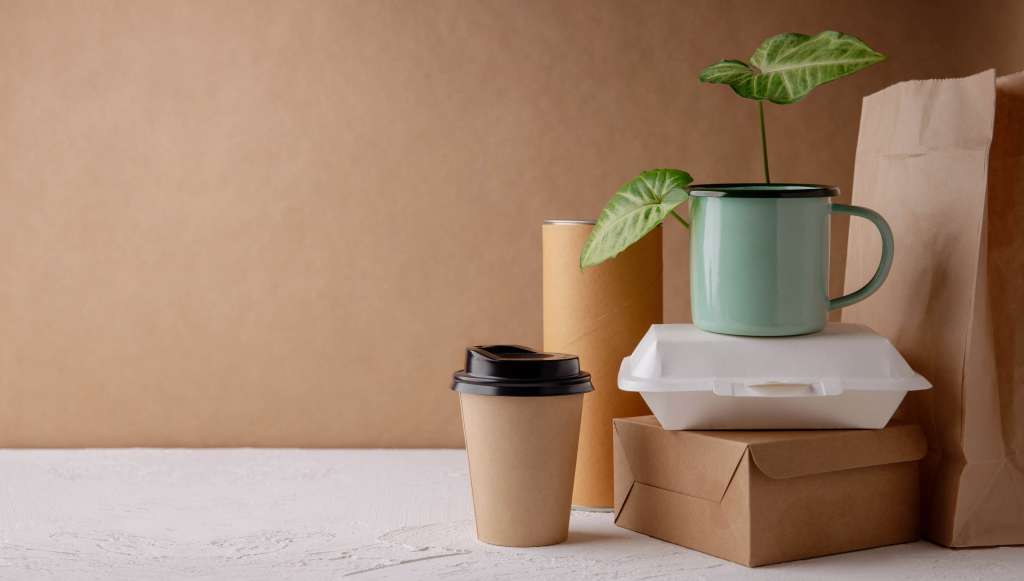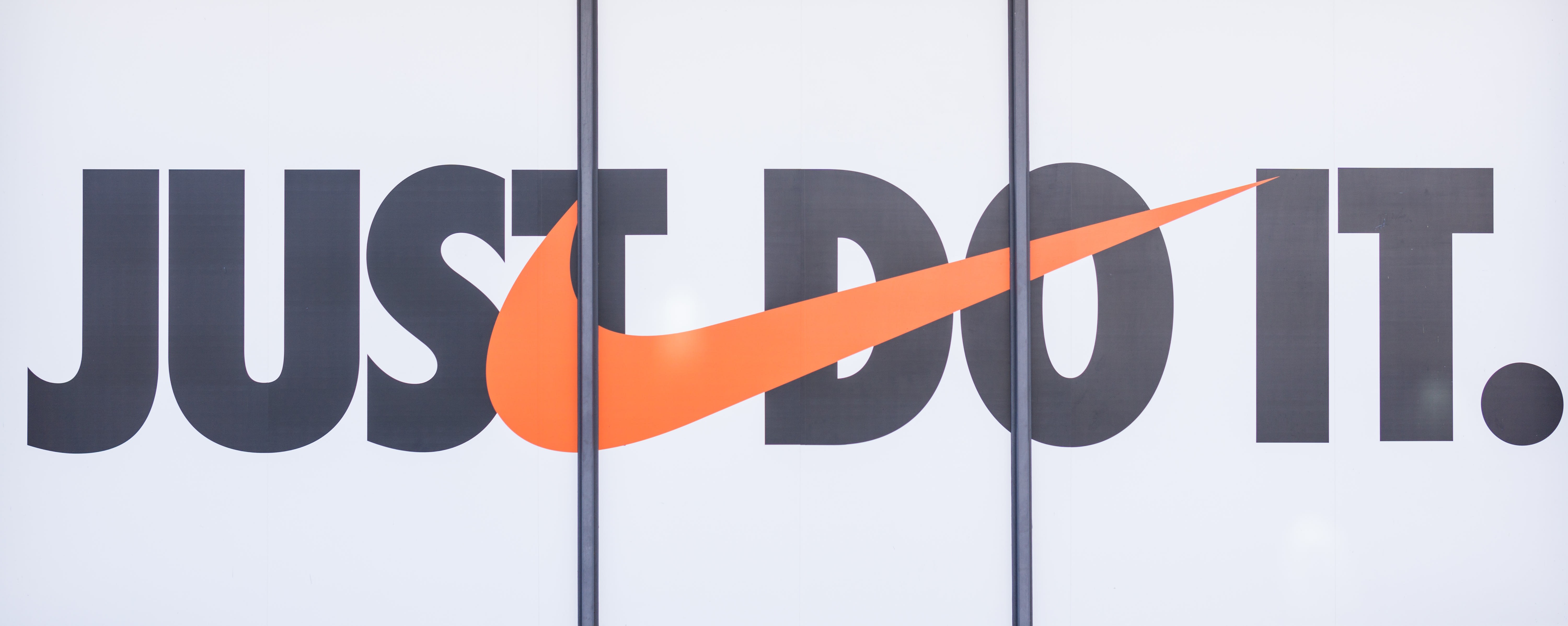"Less Is More": The Belief Behind Product Sustainability



Summary: Making products sustainable sends a green message and portrays a kinder outlook for the mother of all creation, Earth. Acknowledgment of a supply chain and a product's impact on the environment, followed by steps to lessen the carbon footprint on the planet, are ways in which brands can take the lead in swaying consumer preference and boosting their own value.
Brands have to up their game to stay relevant in a world that is rapidly embracing the concept of sustainable earth by adopting eco-friendly practices.
Fashion is no exception. As one of the largest contributors to pollution, the fashion industry has to hop aboard the sustainability express to lessen its footprint on the planet. For consumer-centric organizations and even B2B brands, sustainability is a strategic priority across a value chain—from conception to end product.
The aim of brands should be to focus on transparent and sustainable supply chains, and a circular economy to reduce waste and preserve biodiversity. Citizens of the world have spoken in more ways than one to express their desire for a greener world in the years to come.
An IBM survey of 16,000 customers globally, conducted in February 2022, found that 51% of the participants thought that environmental sustainability was more important to them than it was a year ago. The survey also revealed that 49% of consumers paid a premium—an average of 59% more—for the products branded sustainable or socially responsible during the past year.
This shows that brands need to take the eco-conscious route to establish their prowess in a sustainability-driven world. The first step would be to make their offerings or products more sustainable. So, let's get to it.
Brand Image and Value Chain
It is important to understand how consumers perceive brands, whether in the B2C, B2B, or any other segment. Sustainable product offerings are key to setting up a brand image that aligns with an eco-friendly vision. Research shows that people are more likely to buy from green retailers than from conventional stores or brands. Green resources, recyclable items, eco-friendly packaging, reusing, and upcycling possibilities around products make them more sustainable, which drives customer preference. This builds your product/brand image and bolsters the value chain.
How to Make Your Product Sustainable?

Making your products sustainable entails paying closer attention to raw materials. Eliminating the dependence on natural resources, cutting down on pollution, and acknowledging the impact on nature, society, and animals are some ways in which we can ensure sustainability. Ethical fashion entails making products using bio-degradable materials, durable materials of good quality, and cutting down on waste to reduce our footprint on our planet. To put things into perspective, 2,500,000,000 pounds of used clothing are added to landfills each year. This also entails diverting attention to eco-friendly packaging and showcasing sustainability metrics on products to drive consumer trust and loyalty.
Reuse, Recycle and Upcycle
Making products with ethically sourced and green materials that have a longer lifecycle ensures durability and quality. Brands would do well to move away from fast fashion and toward the slow and steady path of sustainability. Products that may be reused, recycled, or upcycled to fit into the lifecycles of future generations hold the true hallmark of sustainability. Upping the innovation quotient helps designers create better with limited resources and motivates them to repurpose old materials to create something new without using virgin resources. This lends an edgy marketability to products if they are designed and presented well.
Produce Less
It's high time we got in tune with the "less is more" concept. The less we produce, the lesser the carbon footprint, the lesser the footprint on nature, and the list goes on. Producing lesser guarantees closer attention to quality. Brands should shirk the trend of fast fashion in favor of durability. The environmental impact of indulging in fast fashion has long-term repercussions, such as pollution, wastewater generation, water wastage, and more. The price tags on fast fashion items may be cheaper, but their impact could cost the world dearly as people underutilize what they buy and seek more.
Repair or Exchange Program
A repair or exchange program for sustainable products may add value to the sustainability of the products being sold by a brand. For example, if brands are willing to take back their products and give back a refurbished or recycled product at a reduced cost, it may act as an incentive for people to buy less and recycle. A brand's exchange program can ensure that customers who buy from them can exchange their products for newer, more sustainable items at a lower cost. This serves the dual purpose of recycling and nipping fast fashion in the bud.
Sustainability Makes a Product

Sustainability, besides being a responsibility, is also a trend that the world has fast caught onto, as people want to associate themselves with being eco-friendly citizens. The market space is being driven by a greener Earth and a sustainable brand vision. An IBM report shows that sustainable investing has matured. As of 2022, 62% of personal investors take sustainability into account in their portfolios. Nearly two in three of these stakeholders say that a company’s climate change exposure impacts their investment risk.
Key Takeaways:
- The fashion industry is responsible for 10% of CO2 emissions worldwide.
- A certification by the Global Organic Textile Standard only considers textile products that contain a minimum of 70% organic fibers across the supply chain.
- A report shows a staggering 71% rise over the past five years in online searches for sustainable goods globally.
Sustainable products will be determining factors for brand success in the future. Let Fashinza take you on a guided tour of how to make products more sustainable.
Build a sustainable brand with Fashinza



















